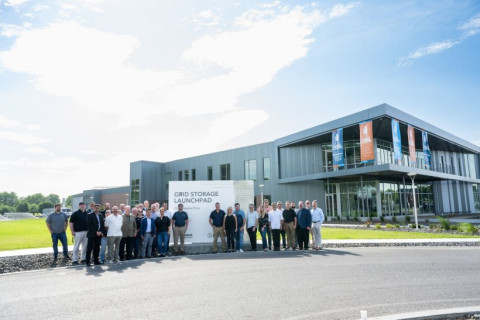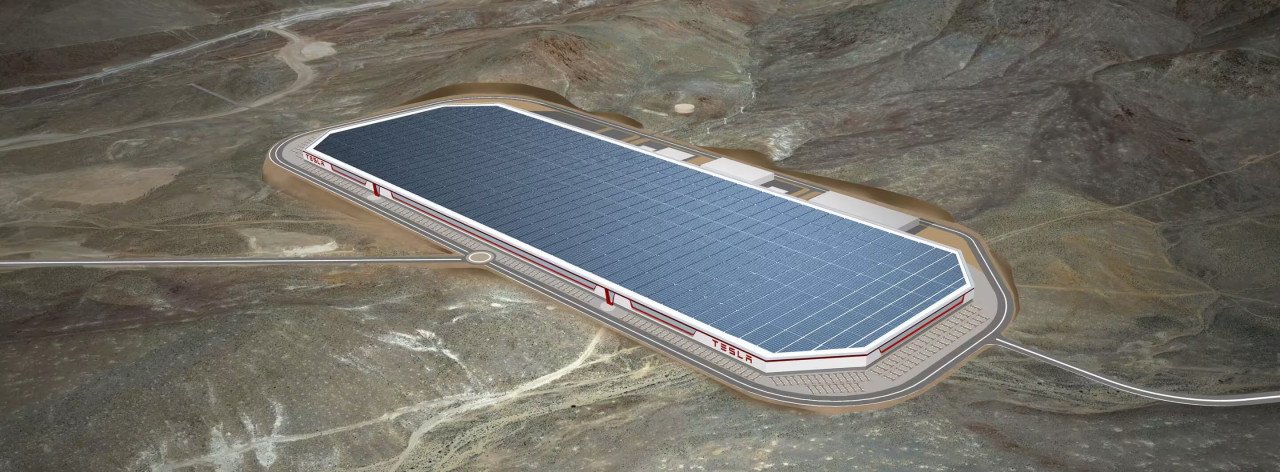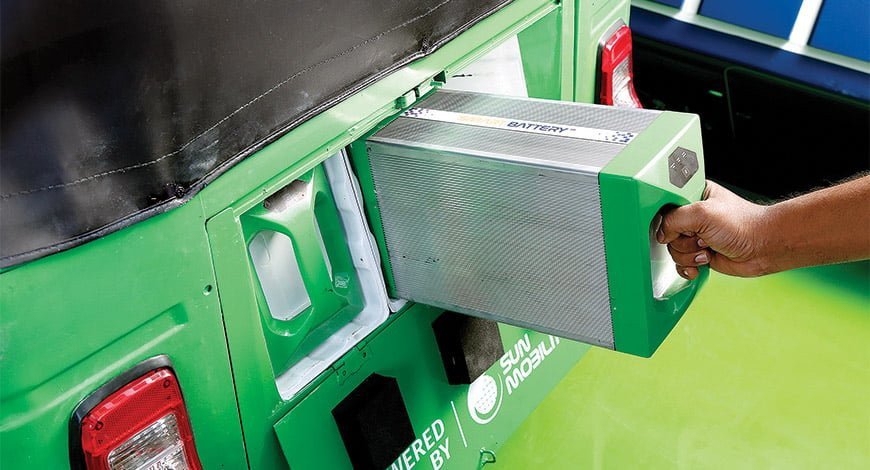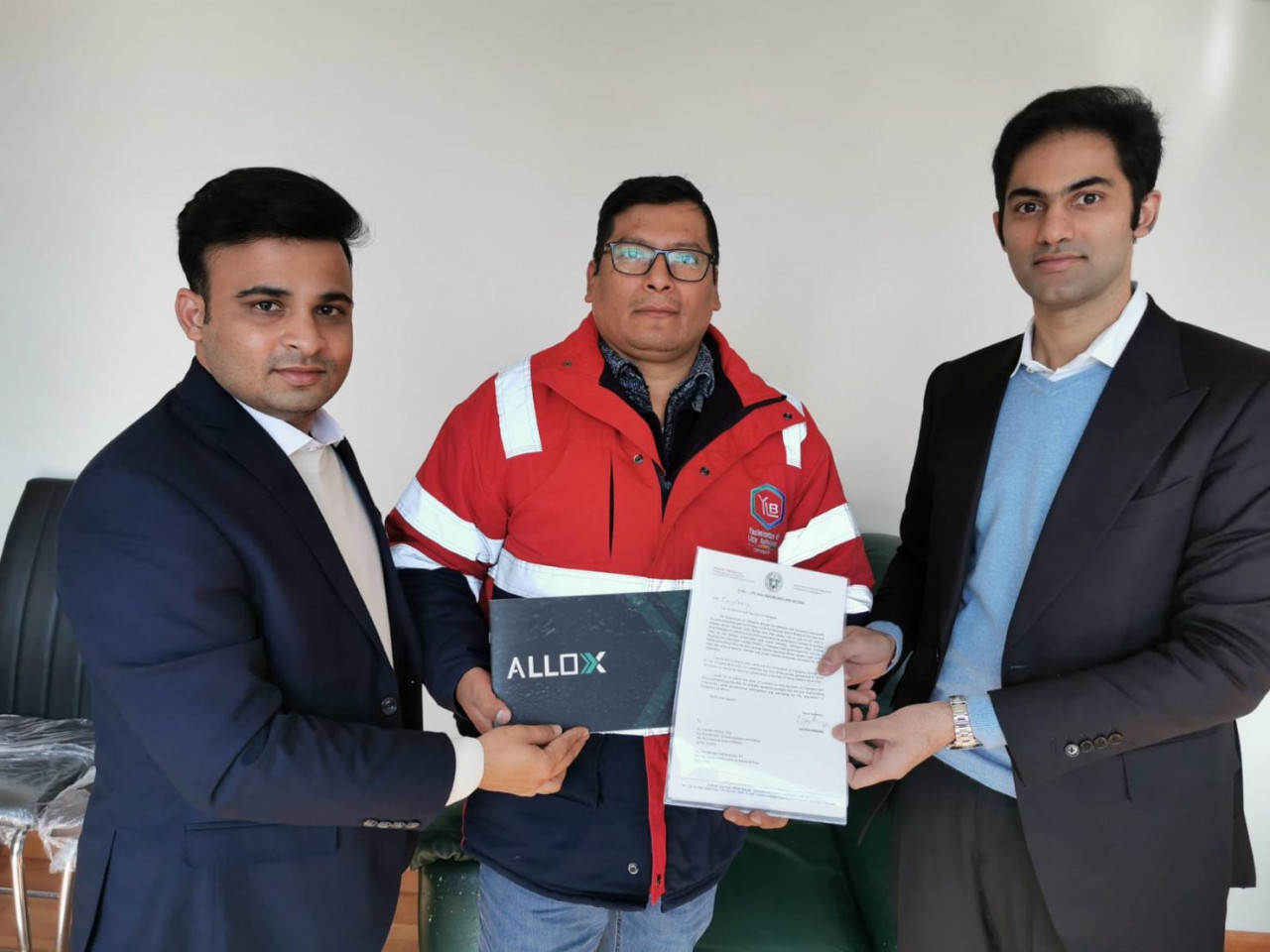Indo-Pacific nations seek action plan to strengthen critical mineral supply chain, prevent battery shock
The Indo-Pacific Economic Framework for Prosperity (IPEF) --- a 14-nation grouping consisting of India, the US and Pacific Rim countries such as Japan, Australia, South Korea and others --- has identified batteries as a critical sector and set up an Action Plan team to improve international co-operation in the area.
The grouping's Supply Chain Council (chaired by the US, with India as vice-chair) held its first in-person meetings in Washington DC earlier this month, although the news was only revealed yesterday, September 23.
The council has adopted a first-year work plan and set up two sub-committees, one on Logistics & Movement of Goods, and the other on Data & Analytics.
While the first will facilitate efforts to improve logistics services and logistics infrastructure across members and undertake efforts to enhance trade facilitation practices, the second sub-committee will build upon the work already undertaken by IPEF countries to exchange analytical approaches to supply chain exposures and risk. In this context, India emphasized on the need for workforce development through re-skilling and up-skilling.
The council also established three Action Plan teams, spanning semiconductors, chemicals, and critical minerals with a focus on batteries. A fourth Action Plan team --- on healthcare --- could be set up in the coming weeks.
In a press release, authorities said these topics had been determined based on critical sectors and key goods that has been formally identified by IPEF Parties for cooperation under the IPEF Supply Chain Agreement.
The Action Plan teams will prepare recommendations for the council on possible collaborative and co-operative efforts partners for bringing in resilience in supply chain pertaining in those specific critical sectors and key goods. The next Supply Chain Council meeting has been set for December this year.
Gina Raimondo, US Secretary of Commerce, said in a statement: "The IPEF Supply Chain Council plays a pivotal role in strengthening the resilience and security of supply chains across the Indo-Pacific region."
"By working together, we are not only addressing vulnerabilities but also creating new opportunities for sustainable economic growth and prosperity," Raimondo added.
Post the Supply Chain Council, the grouping convened its Crisis Response Network (CRN) to discuss ways to enhance collaboration across IPEF members.
The CRN, chaired by South Korea, is focused on addressing immediate supply chain disruptions, and during its meeting, simulated an emergency disruption affecting import of certain chemicals by IPEF countries.
Grant Harris, Assistant US Secretary of Commerce for Industry and Analysis commented: "The meetings of the IPEF Supply Chain Council and Crisis Response Network allowed us to map out the strategic and tactical next steps for both bodies to advance the resilience and security of our regional supply chains."
The IPEF consists of 14 countries: Australia, Brunei, Fiji, India, Indonesia, Japan, the Republic of Korea, Malaysia, New Zealand, the Philippines, Singapore, Thailand, the US, and Vietnam.





















